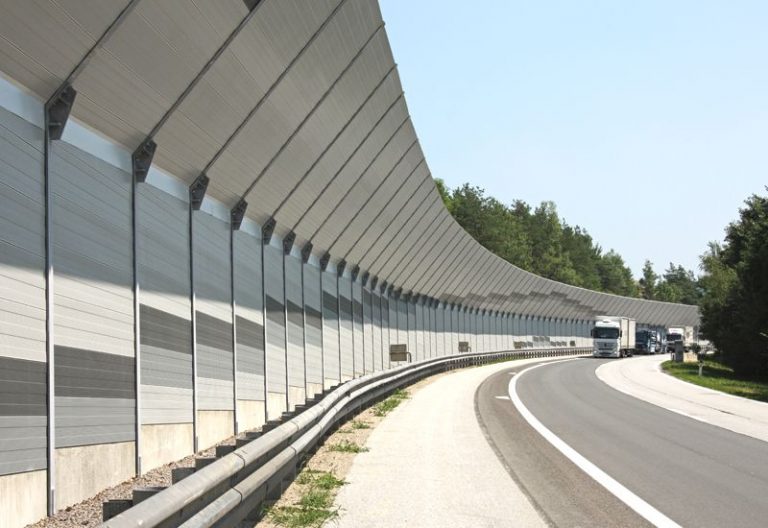An overview of data center architecture
Data center architecture is the logical and physical layout of the resources within the facility. It serves as a blueprint for creating and installing the whole facility. The data center (DC) is house of computational power, applications and storage that are essential to support any enterprise and large businesses.
Designing a flexible architecture
Proper design of the facility is resiliency, scalability, performance, and precarious that needs to be carefully considered. While creating the architecture, you need to keep the design as flexible as possible to support new and upcoming services. The structural design should support new applications in a short period of time frame. Such type of architecture needs attentive consideration and compact planning in the areas of over-subscription, server capacity, port density, and access layer uplink bandwidth, to name a few.
Data center types
Some data center infrastructure complements SDI technologies and virtualization, offering agility and efficiency that today’s market demands. The centers come in different shapes and sizes, from few hundred square feet rooms to massive farms. Regardless of the size or shape, having practical data centers are vital assets a business can have. If your firm store data, or does business online, it’s inevitable that you’re going to need data center at some point to run the business. According to the type of business, architecture of data centers can be built.
Traditional data center
In the traditional model of DC, a server is mounted and maintained individually. As the business prospers, additional servers with different hardware architecture designs are used.
Modular data center
The modular setup consists of purpose-engineered modules and components, which provide scalable data center capability or multiple power and cooling options. These are commonly stated as portable or containerized data centers that fits any DC requirement (such as networking equipment, storage, and servers/ compute needs) and that can be transported in a shipping container to a preferred destination.
Cloud data center
Cloud data center architecture come with comprehensive array of IT services and infrastructure for cost-effective and smooth operation of cloud computing. As cloud adoption and requirements are increasing every passing day, skilled architects are required to manage the design and cloud platforms. The architects should provide end-to-end solutions that ensure honesty, agility, and efficiency for your data, users, and applications.
Be aware of the infrastructure needs, equipments and choose an experienced designer or architecture firm when planning for data center construction. Stendel + Reich data center architects take a verified and layered approach to design project that enhances flexibility, maintenance, and performance. The equipment in the data center buildings have been designed and developed with modularity.




